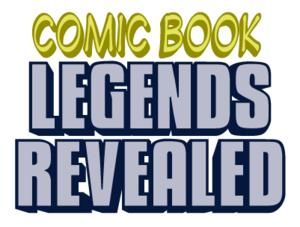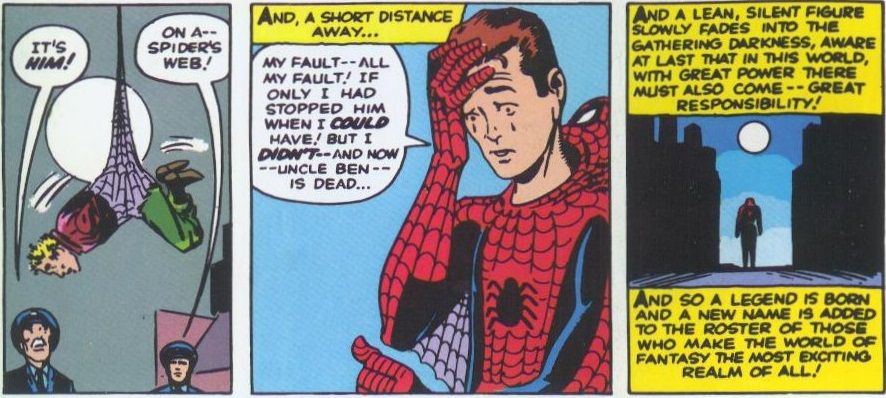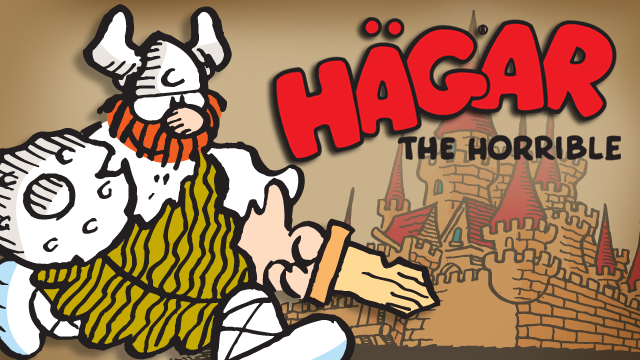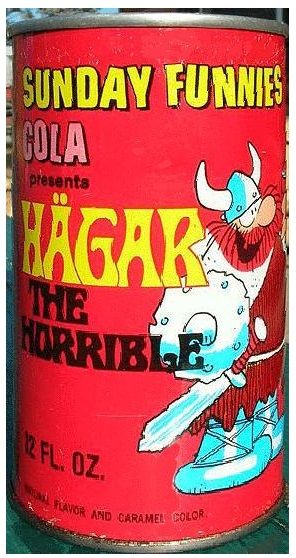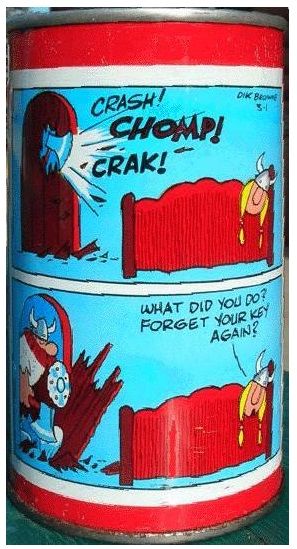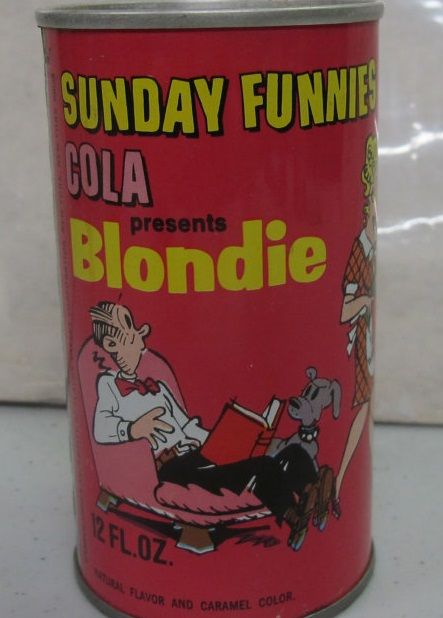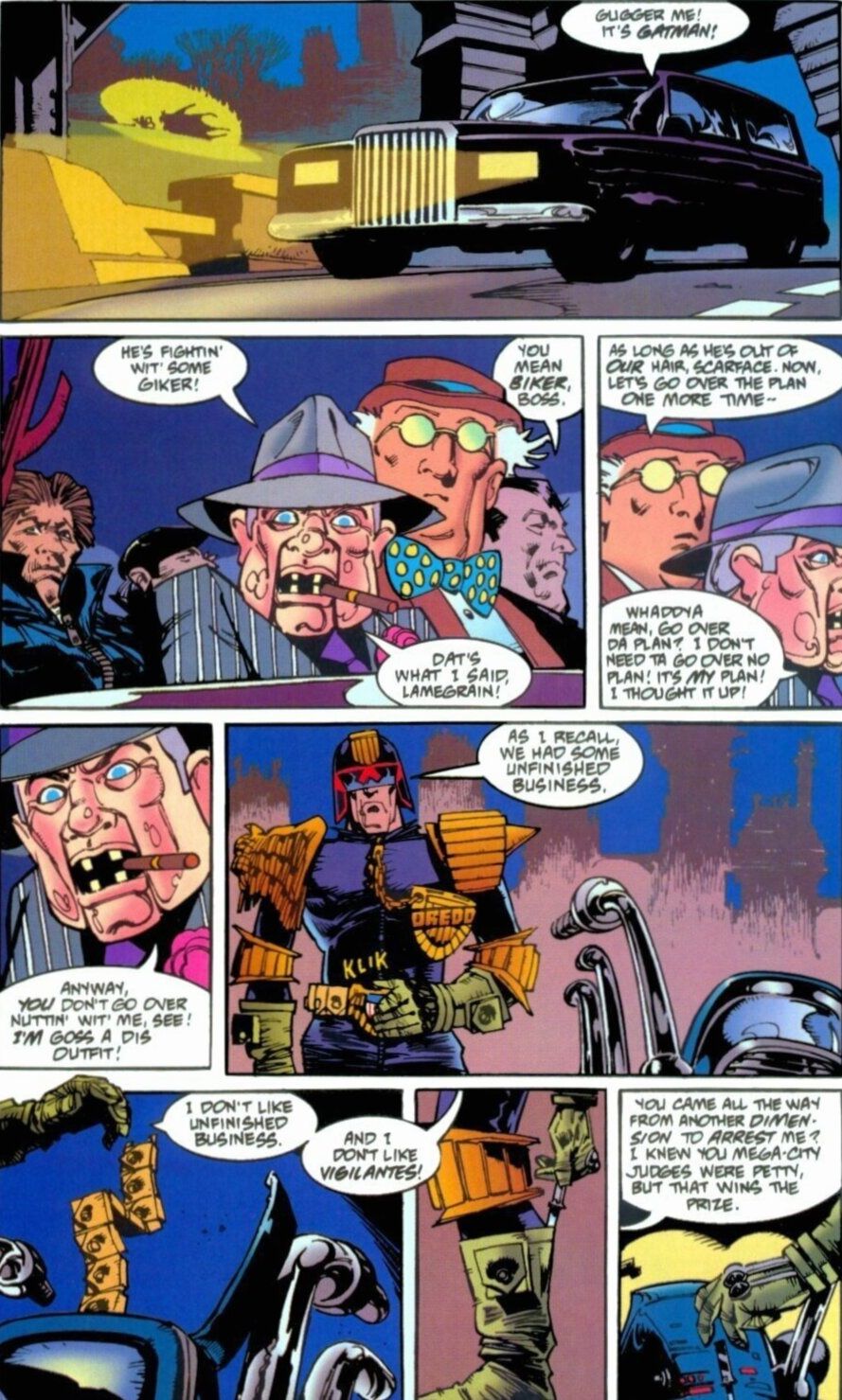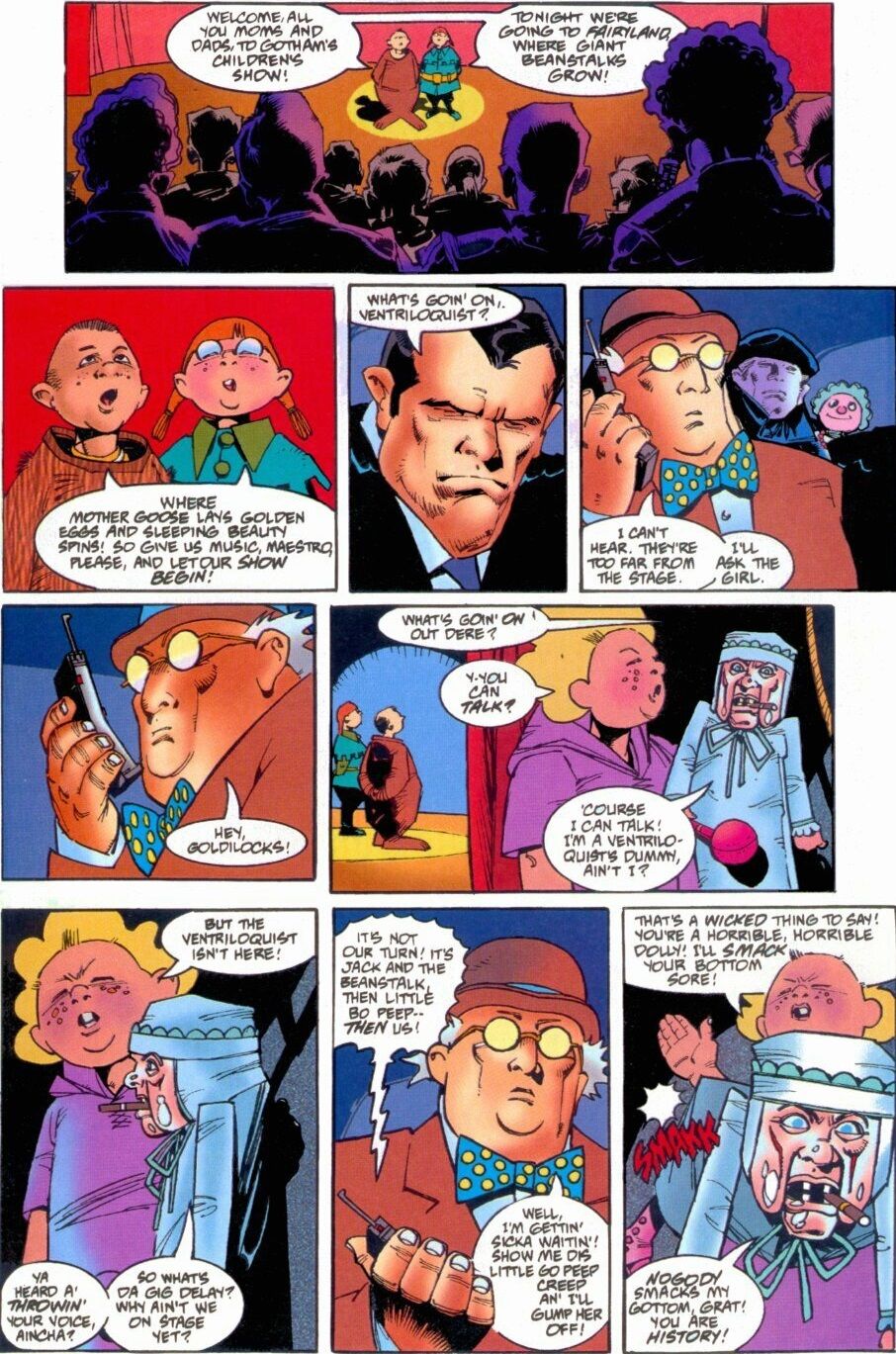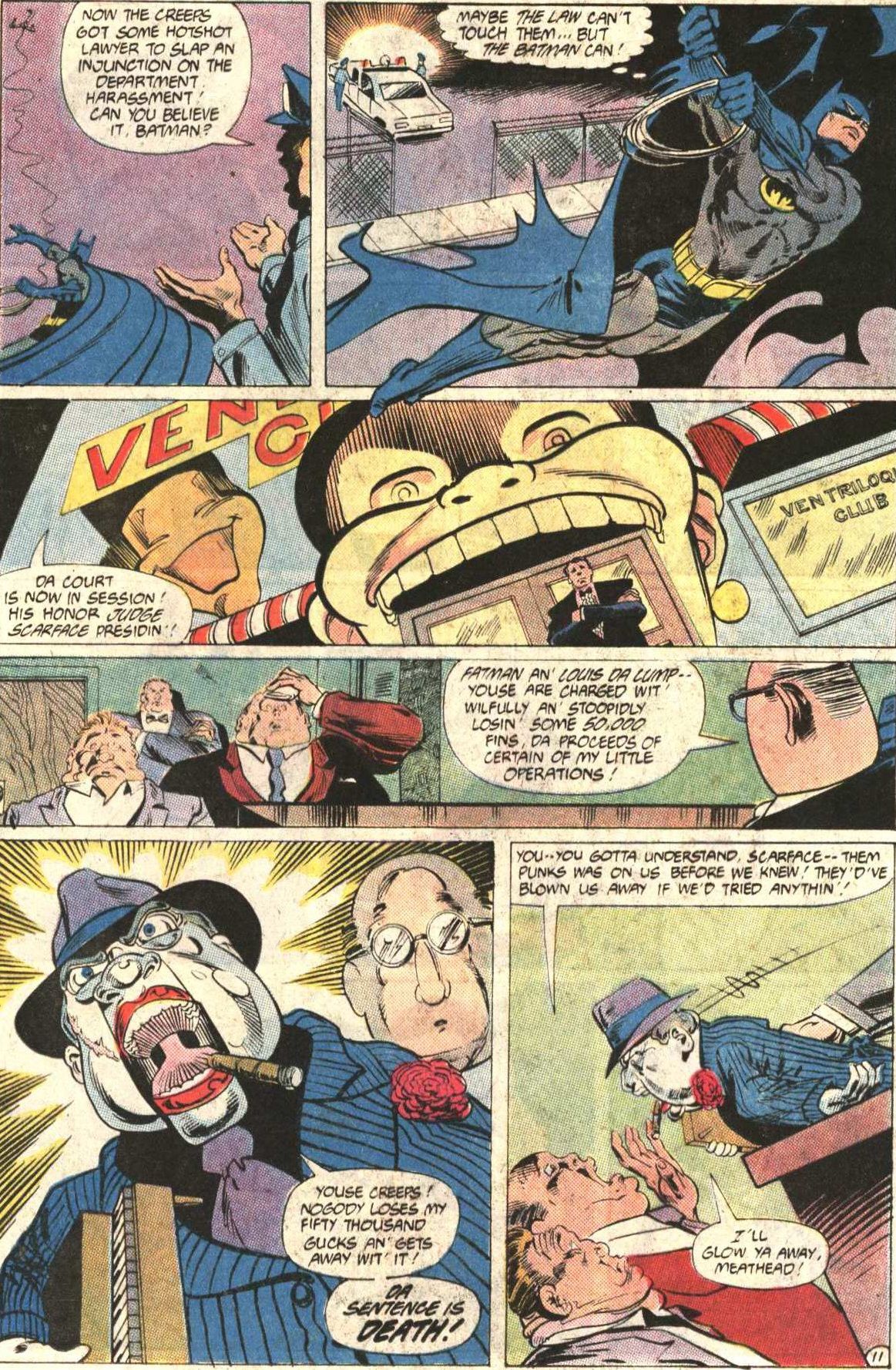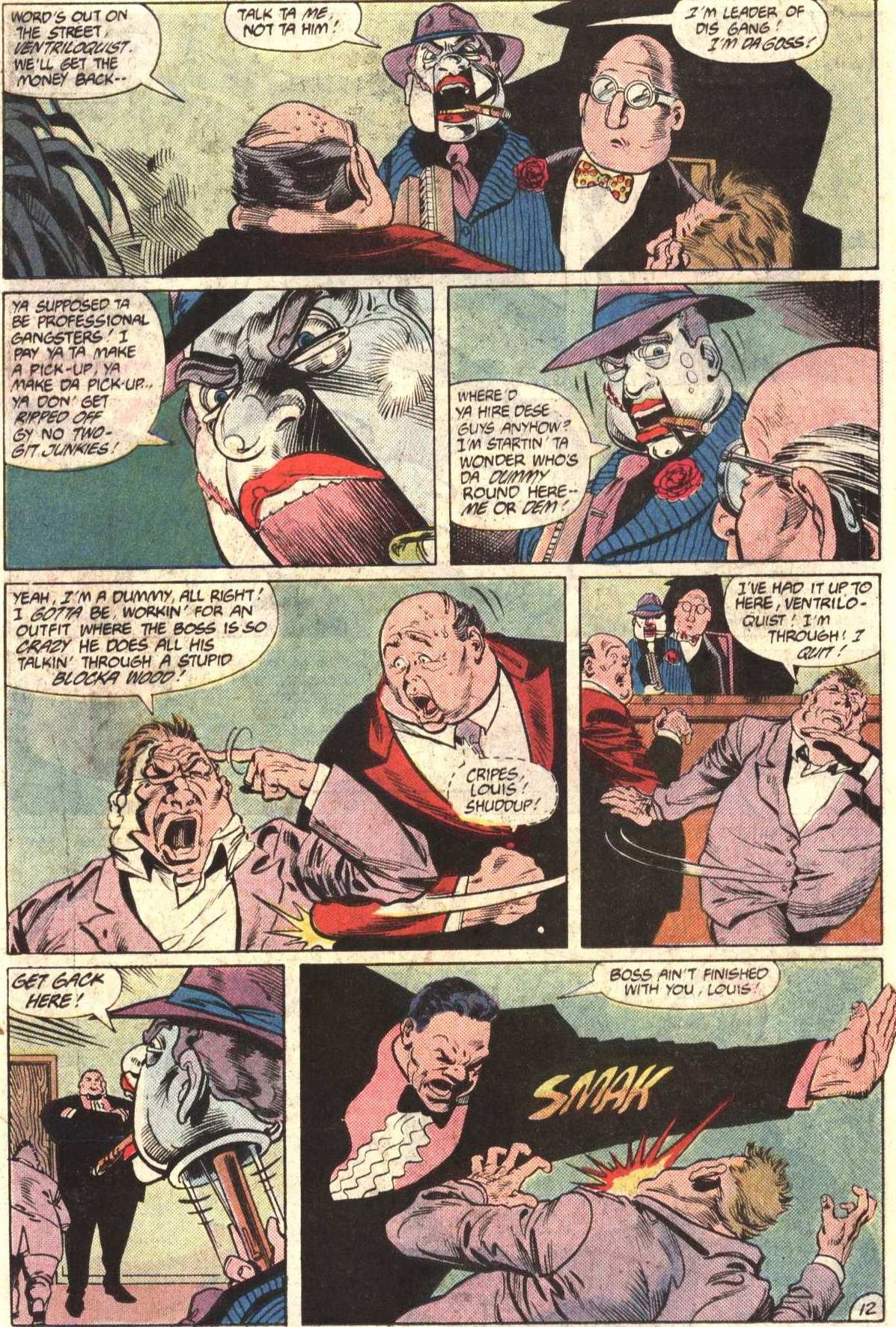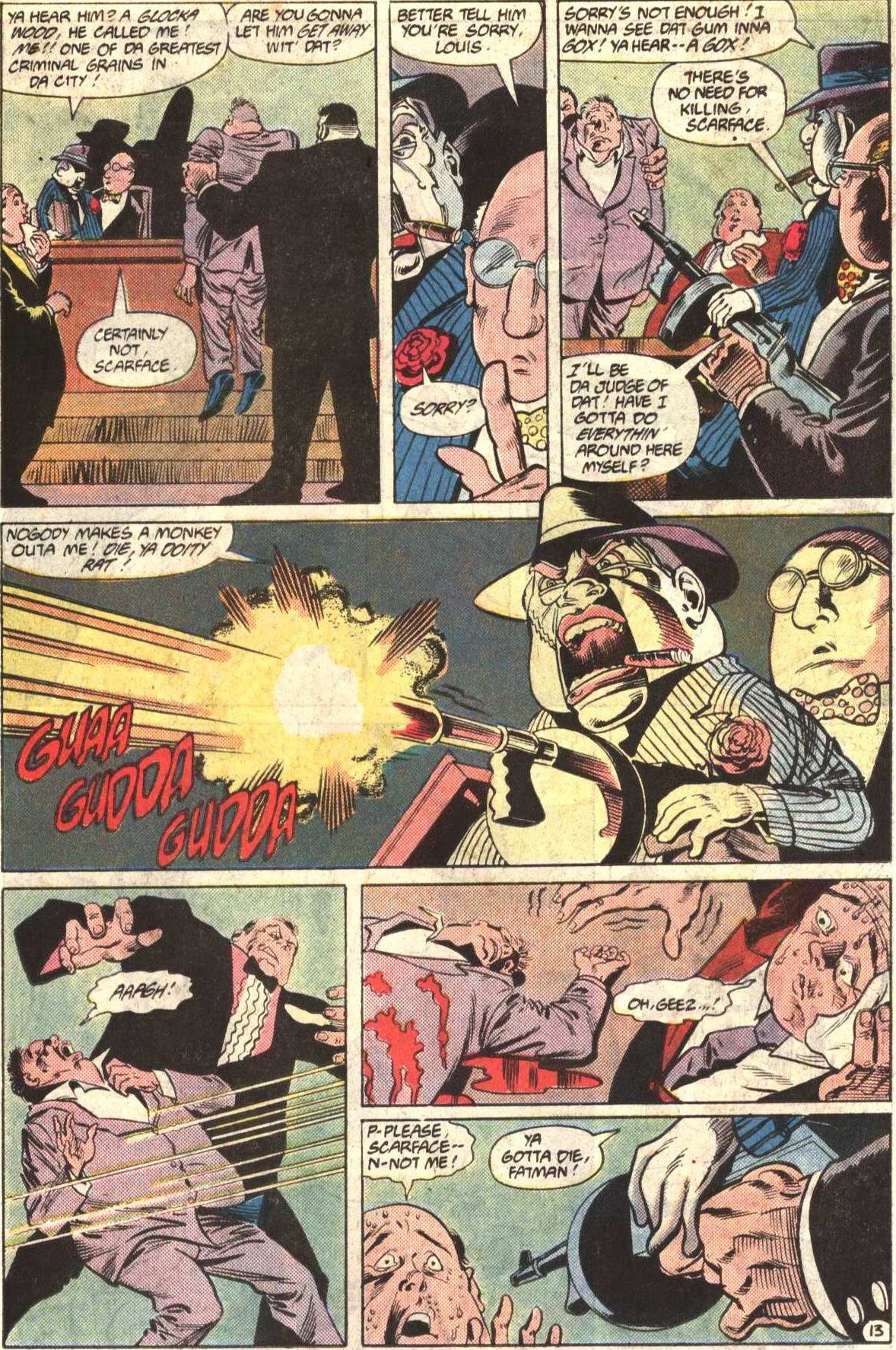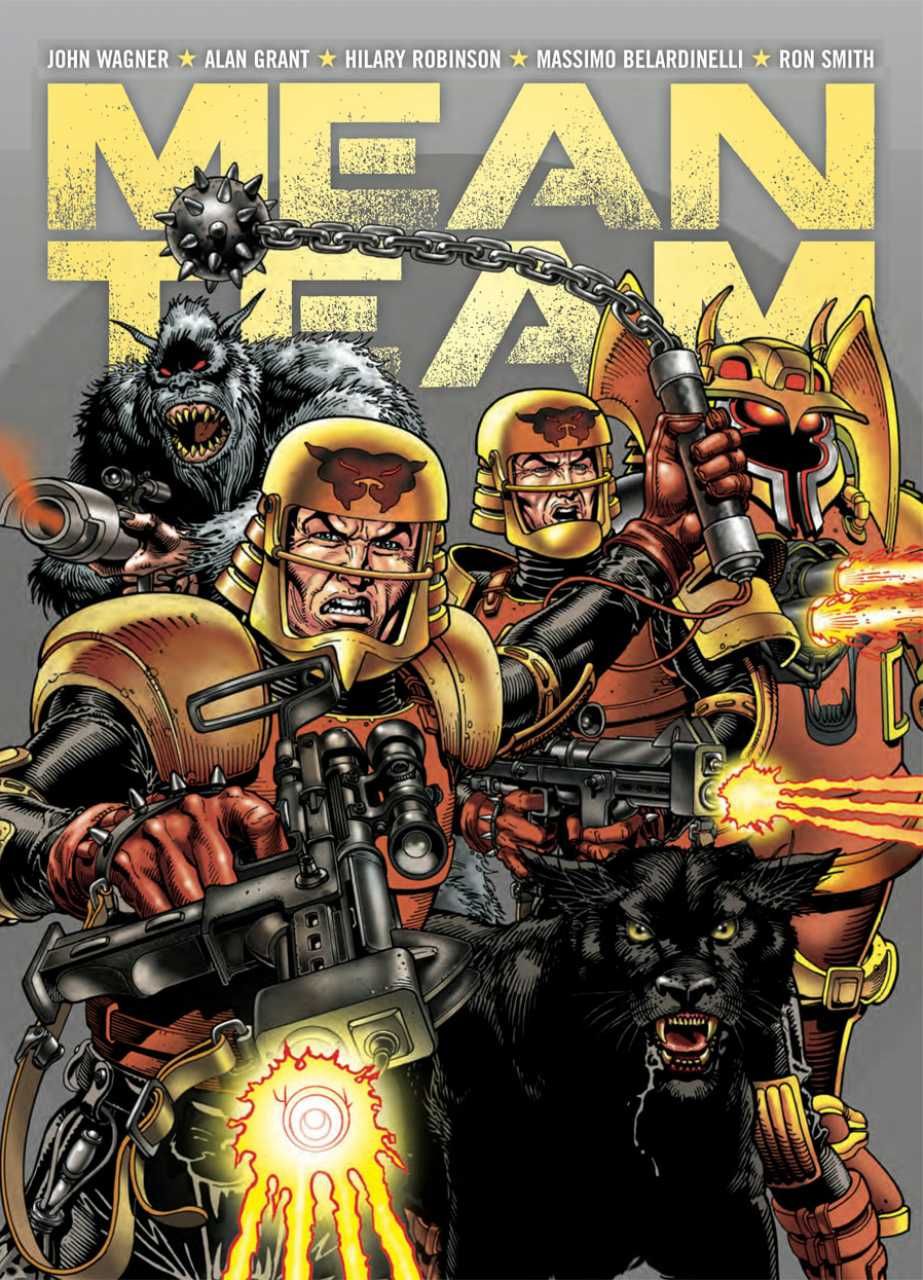Welcome to the four hundred and seventy-ninth in a series of examinations of comic book legends and whether they are true or false. Click here for an archive of the previous four hundred and seventy-eight. This week, did the "With Great Power..." speech happen to Superman fifteen years before it happened to Spider-Man? Was there really a Hagar the Horrible soda? And was Ventriloquist originally invented as a Judge Dredd villain?
Let's begin!
NOTE: The column is on three pages, a page for each legend. There's a little "next" button on the top of the page and the bottom of the page to take you to the next page (and you can navigate between each page by just clicking on the little 1, 2 and 3 on the top and the bottom, as well).
COMIC LEGEND: Superman's adopted father gave him the "With Great Power..." speech fifteen years before Spider-Man got it from Uncle Ben!
STATUS: True
As we revealed many years ago in Comic Book Legends Revealed, Uncle Ben is never actually shown telling Peter Parker that "With great power comes great responsibility." In fact, it is not even ATTRIBUTED to Uncle Ben in Amazing Fantasy #15...
However, that issue at least does debut the phrase that would become a key aspect of Spider-Man's comic book career.
But was it even the first time that phrase had been used for a superhero?
Amazingly enough, not only was it used before, it was used over over a DECADE earlier!
In the first Columbia movie serial starring Kirk Alyn as Superman in 1948, the first installment tells the story of how Superman came to Earth and how he became, well, you know, Superman.
In this version of the Superman mythos, Clark Kent is content with just living at home with his parents and not using his powers to help mankind. His adoptive father, though, sits him down and tells him that with all of Clark's great powers that he has a great responsibility to help the rest of mankind (pretty much the opposite of what Clark's dad tells him in the Man of Steel).
He then tells Clark that he must use his powers for "Truth, tolerance and justice."
The scene occurs two minutes into the following scene...
Click here to watch the video right from the two minute mark, where the conversation begins, if you don't feel like waiting (but if you can't wait two minutes...well, then you're quite a busy person, I guess!).
I'm sure that Stan Lee did not actually get the idea from this serial (although I guess it is possible), but it is still quite an amusing coincidence!
Thanks to reader Richard F. for suggesting this one!
Check out the latest TV Legends Revealed at Spinoff Online: Did Kiefer Sutherland intentionally add dialogue to episodes of 24 to mess with people playing 24-themed drinking games?
On the next page, was there seriously a Hagar the Horrible soda?
COMIC LEGEND: There was a Hagar the Horrible brand soda.
STATUS: Sort of Technically True, but Largely False
Hagar the Horrible is a comic strip about the wacky misadventures of a viking and his friends and family, created by cartoonist Dik Browne, who wrote and drew the strip until he passed away in the late 1980s.
His son, Chris Browne, has been doing the strip ever since (here is the website for the strip).
Hagar the Horrible soda has long been mocked and given as an example of a terrible marketing idea, as an example of the hubris of a creator feeling that his creation is so popular that it could sell anything, even soda pop.
However, while it is true that there WAS a Hagar the Horrible soda...
I believe that that fact is so misleading that it is very much unfair to Dik Browne.
There WAS a Hagar the Horrible soda, but it was not a solo endeavor, it was part of an overall line of sodas called Sunday Funnies sodas, made up of other King Feature Syndicates comic strip characters like Popeye, Beetle Bailey and Blondie...
Was the line of 1969 sodas (still in STEEL cans!) a good idea? Probably not, but King Features has licensed their characters en masse a few times over the years (Sunday Funnies cereal, for one), so it seems like they try to make money where they can.
The key thing to note is that it is not a matter of Dik Browne thinking he can go out there on the market with a soda based on his comic strip, it was a whole BUNCH of comic strips.
Either way, though, it is pretty darn funny that there was a Hagar the Horrible soda.
Thanks to the Can Museum (not a phrase I thought I'd ever type) for the images of the Hagar cans!
On the next page, was the Ventriloquist originally intended to be a Judge Dredd villain?
COMIC LEGEND: The Ventriloquist was originally intended to be a Judge Dredd villain.
STATUS: False, but Close to True
Reader Jim S. was curious after reading the second Judge Dredd/Batman crossover comic book from 1992, written by Alan Grant and John Wagner...
why Ventriloquist was featured so seemingly oddly prominently. He did a little research and he came across the idea that it was a nod to the fact that Grant and Wagner had intended the character to appear as a villain in their Judge Dredd series in 2000 A.D. before instead using him in their debut series in Detective Comics...
The answer, Jim, is pretty close to that, but not PRECISELY that.
It is true that the Ventriloquist was intended for 2000 A.D., but not for Dredd, but rather as part of another Grant/Wagner collaboration, the Mean Team, one of a string of 2000 A.D. series that involved futuristic sports teams fighting in deadly matches...
Grant told 2000 A.D. View:
Both John and I love ventriloquist acts, and always wanted to see a bad dummy. We created one for use in a 2000AD story we were writing (it may have been some sort of Mean Arena thing, but I'm not sure). Then came Denny's phonecall, and we immediately pulled Scarface from the script.
In an interview with Gotham in Rain, Grant elaborated further:
Gotham In Rain: Together with John Wagner you created an unforgettable Ventriloquist/Scarface duo. How was this character invented? Was it inspired by William Goldman’s novel Magic?
Grant: We created the character as a newsreaders with a dummy for the 2000AD comic strip “The Mean Arena.” But we decided the character was too good to use in that story, and filed him away…until we needed a new villain for Batman.
To the best of my knowledge, neither John nor I ever read Goldman’s novel. I stopped reading novels 30 years ago, after a leading British sci-fi writer accused me – in front of around 30 people – of stealing his ideas to use in Judge Dredd.
Grant keeps saying Mean Arena, but I am pretty near positive he means Mean Team.
Well, Batman fans sure are lucky that Grant and Wagner pulled the character from 2000 A.D. as he has been a great Batman villain ever since.
By the way, another reader named Michael actually had asked me about whether Goldman's Magic was an influence on the creation of the Ventriloquist. There's your answer, I guess, Michael!
Thanks to Jim for the suggestion and thanks to Alan Grant, 2000 A.D. View and Gotham in Rain for the information!

